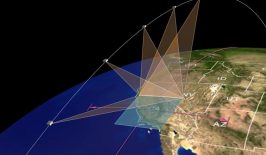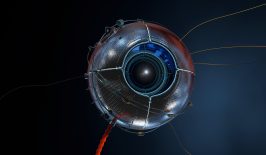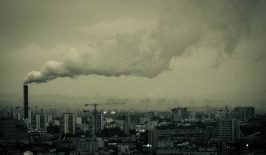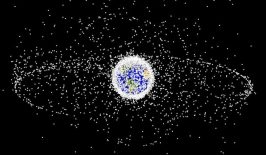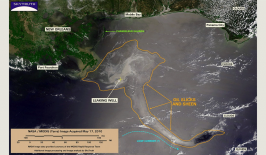Space travel is developing like never before, with many saying we’re in the midst of a brand new era. When it comes to environmental and climate protection, satellites have already become important tools, uncovering deforestation hotspots and environmental pollution and helping us to better understand the complex interrelationships of climate change and promote effective protective measures. But with the flood of companies and start-ups expanding their business into space with new business models, new problems are also emerging – and not just in orbit. Growing amounts of space debris, high energy and resource consumption during the development and production of satellite technologies, and data protection and privacy concerns are all issues for which we urgently need to find solutions.
In our “Live Talk” (in German only!) on May 21 at 11am as part of the re:publica conference 2021, RESET will talk to Jan Dirk Wegner from EcoVision Lab and John Amos from SkyTruth, who both head up projects using satellite imagery for good. We’ll also visit Holger Krag, who heads the space safety programme at the European Space Agency (ESA) and is working to tackle (quite literally) the problem of space junk – with a giant arm that is to be sent into space to grab bits of debris and remove them from orbit. And Niklas Jordan will present his project OpenSpaceData, with which he wants to make satellite data freely accessible. We’ll follow that up with a live Q&A session with the audience.
The event is free and open for everyone to attend – even if you don’t have a ticket for the re:publica conference itself.
Click the link below to join the discussion:
21st May, 11am: https://zoom.us/j/92939323713
We look forward to seeing you there!
This Live Talk builds on the research and findings of the recently published publication “Greenbook (2): Satellites for Sustainability”, which was funded by the Deutsche Bundesstiftung Umwelt (DBU) and is available for download (in German) here.

